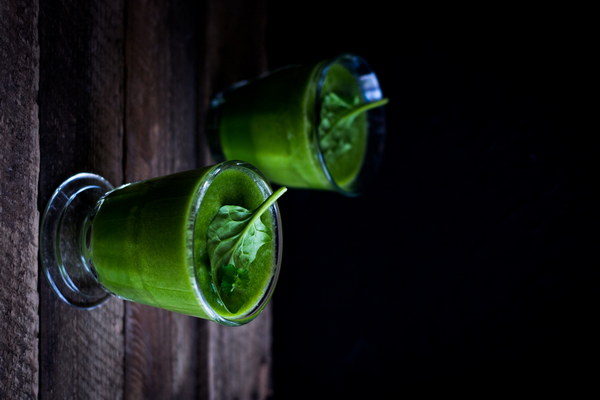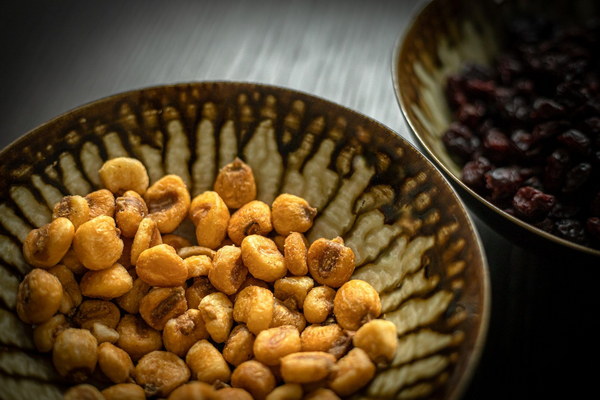Does Japanese Placental Extract Really Work as an Anti-Aging Solution
In the quest for eternal youth, many have turned to various anti-aging products, ranging from creams to supplements. One such product that has gained significant attention is Japanese placental extract. But does it really live up to its claims of reversing the signs of aging? Let's delve into the world of Japanese placental extract and uncover the truth behind its supposed anti-aging properties.
What is Japanese Placental Extract?
Japanese placental extract is a supplement derived from the placenta of cows, horses, or pigs. The placenta is a vital organ that connects the mother and fetus during pregnancy, providing essential nutrients and oxygen to the developing baby. In Japan, it has been used for centuries in traditional medicine for its supposed healing properties.
The Anti-Aging Claims
The most prominent claim associated with Japanese placental extract is its potential to combat aging. Proponents of this supplement argue that it contains growth factors and other bioactive substances that can boost the body's natural repair processes, leading to healthier, younger-looking skin and overall improved well-being.
Benefits of Japanese Placental Extract
1. Improved Skin Texture: Many users report that Japanese placental extract has helped to improve their skin texture, making it smoother and more supple. This is attributed to the presence of growth factors, which are known to stimulate cell regeneration and reduce the appearance of wrinkles.
2. Enhanced Collagen Production: Collagen is a crucial protein that provides structure and elasticity to the skin. Some studies suggest that Japanese placental extract can increase collagen production, thereby reducing the signs of aging such as sagging and fine lines.
3. Improved Energy Levels: Users have reported experiencing increased energy levels and better overall well-being after taking Japanese placental extract. This is believed to be due to the presence of various bioactive substances that boost the immune system and enhance metabolic processes.
4. Possible Health Benefits: Some studies have shown that Japanese placental extract may have potential health benefits, including improved fertility, increased muscle mass, and reduced inflammation.
Drawbacks and Risks
Despite the supposed benefits, there are several drawbacks and risks associated with Japanese placental extract:
1. Lack of Scientific Evidence: The majority of studies supporting the use of Japanese placental extract have been conducted on animals or in vitro. There is limited research on the long-term effects and safety of using this supplement in humans.

2. Ethical Concerns: The use of placental extract raises ethical concerns, as it involves the harvesting of animal organs. This has led to criticism from animal rights activists and some health professionals.
3. Potential Side Effects: Some individuals may experience side effects after taking Japanese placental extract, such as allergic reactions, nausea, and diarrhea. It is essential to consult with a healthcare professional before starting this supplement.
Conclusion
While Japanese placental extract may offer some potential benefits, the lack of comprehensive scientific evidence and ethical concerns make it difficult to conclude that it is a reliable anti-aging solution. It is crucial to approach this supplement with caution and consider alternative, scientifically-backed methods for combating the signs of aging. As always, consulting with a healthcare professional before starting any new supplement or treatment is highly recommended.









